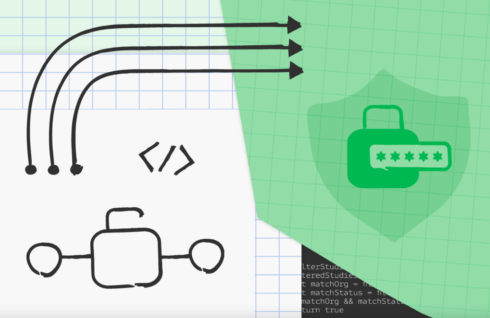
Google is continuing its work to keep personal data safe with the announcement of new privacy-enhancing technologies (PETs).
Over the last decade the PETs it has invented include Federated Learning, Differential Privacy, and Fully Homomorphic Encryption (FHE).
From the company’s standpoint, this allows them to protect users’ personal data while also continuing to provide the great user experiences that require personal data, such as finding the most popular dishes at a restaurant or providing recommendations as you type.
According to Google, adoption of these technologies has been slow for a number of reasons, such as large computational resource requirements, management complexity, and cost of implementation.
Three years ago Google open-sourced these technologies to provide broader access, and now the company is making new strides to provide the community with new ways to deploy these technologies.
First, it announced it would be open-sourcing a new project called Magritte. It uses machine learning to detect and blur objects, such as license plates, as they appear in a video. It requires low computational resources and can save time from having to manually blur objects in a video.
Next, Google announced improvements to the FHE Transpiler. It optimized circuits to reduce circuit size by 50%. This improves speed and will be useful in industries where there is a need to have security guarantees when processing sensitive data.
“Just a decade ago, PETs were largely seen as an academic exercise, with many ideas that were still untested. With our dedicated investment and work from engineering teams, we’re now applying these novel data processing techniques across many of our products. In fact, PETs are a key part of our Protected Computing effort at Google, which is a growing toolkit of technologies that transforms how, when and where data is processed to technically ensure its privacy and safety,” Miguel Guevara, product manager in the privacy and data protection office at Google, wrote in a blog post.






